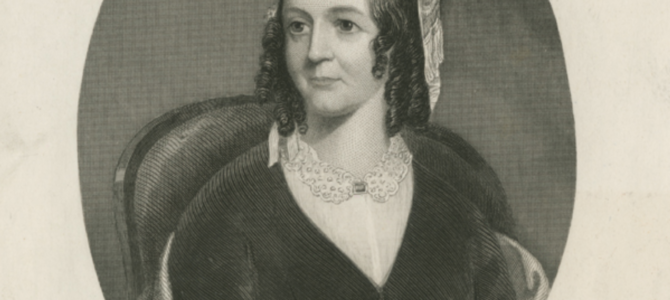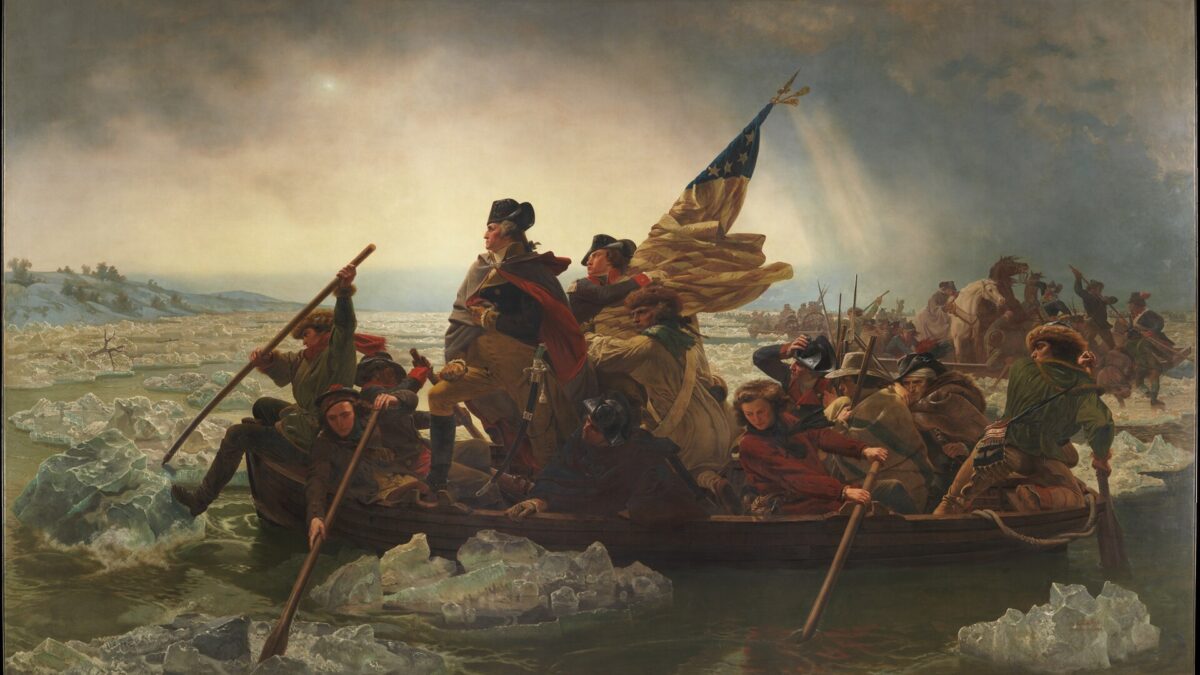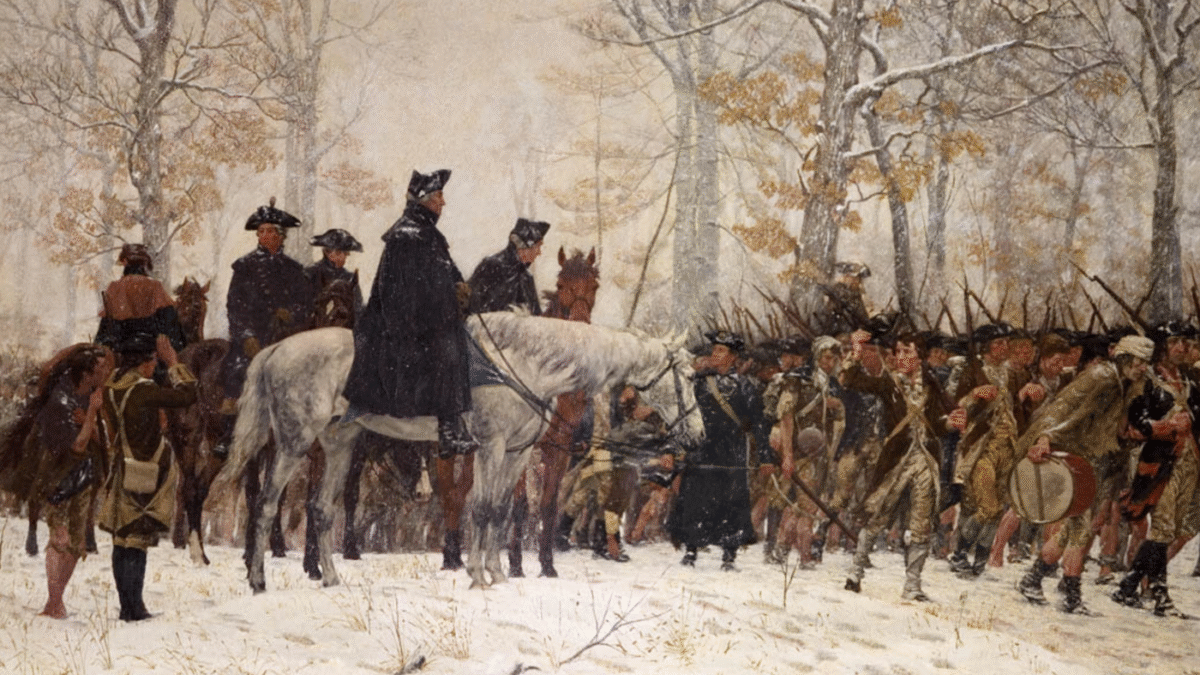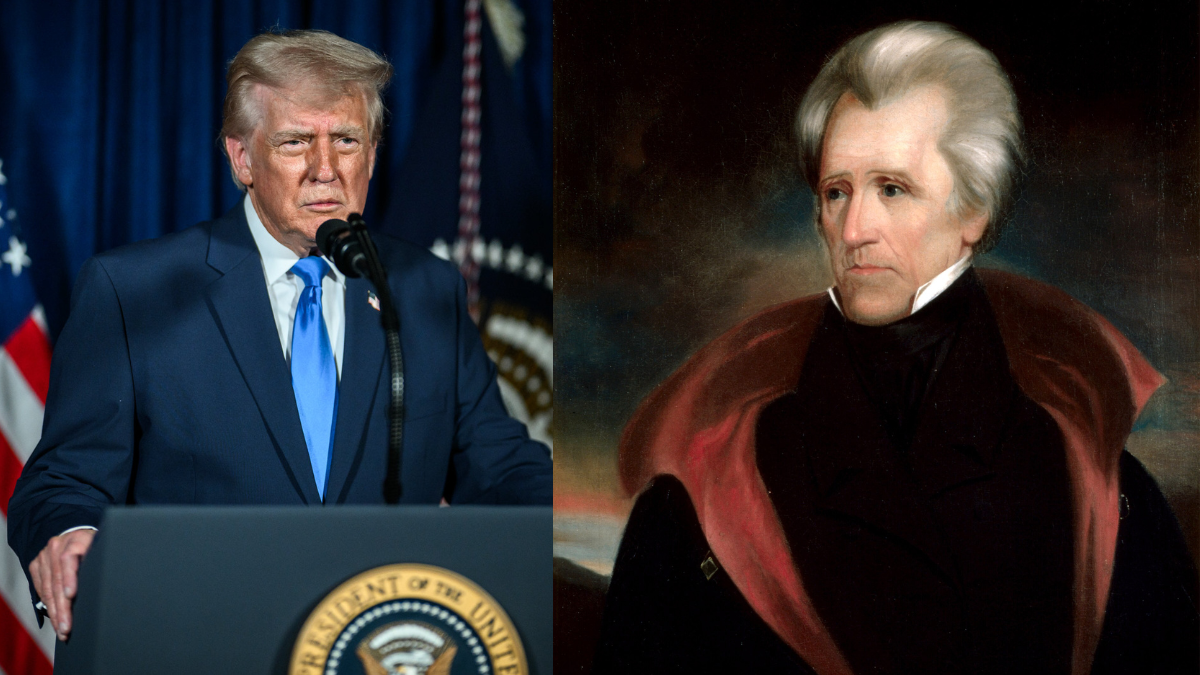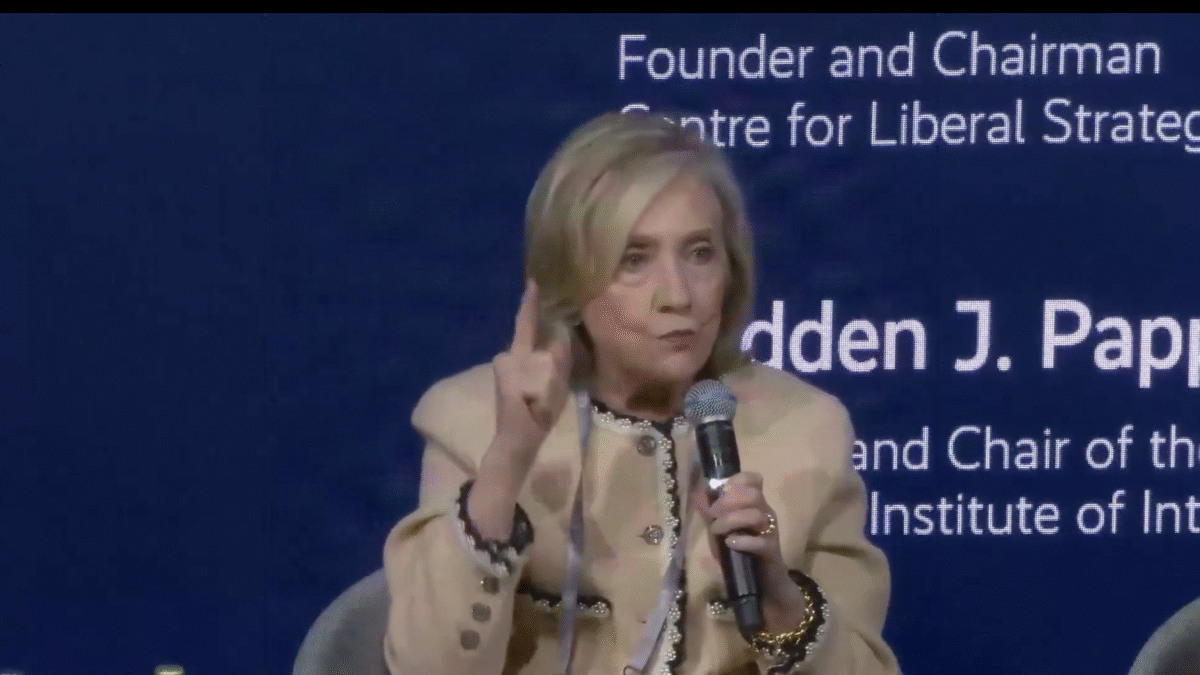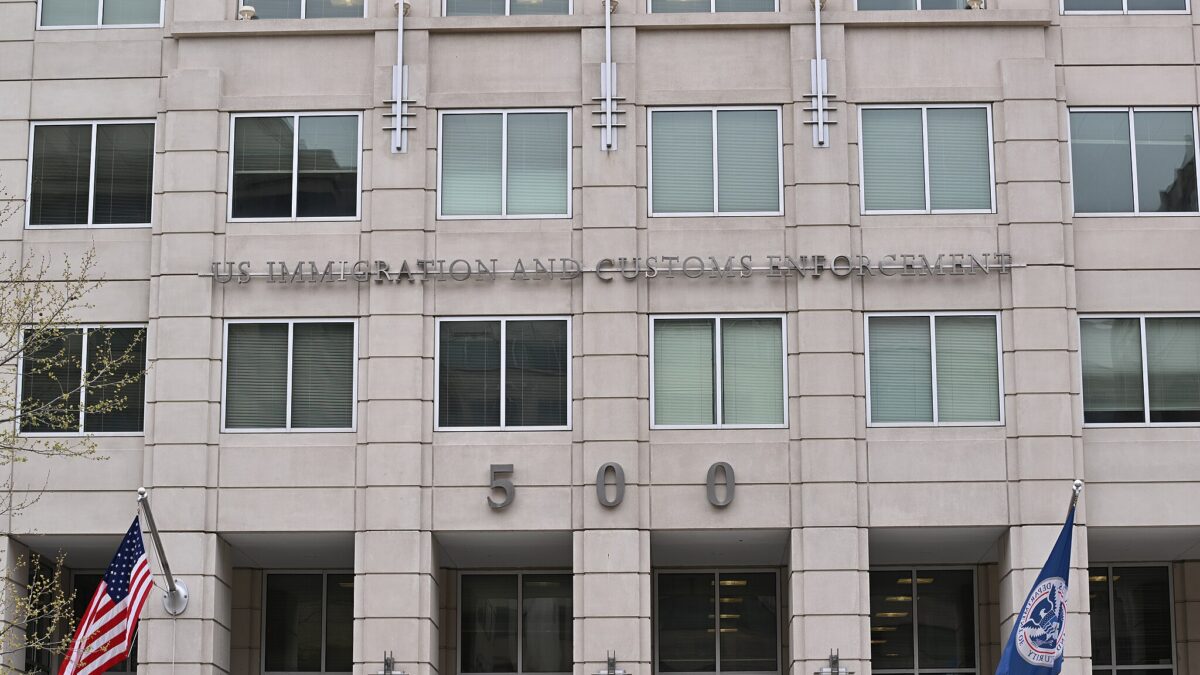Sarah Josepha Hale, an editor of the influential Godey’s Lady’s Book magazine, launched a multiyear campaign to make Thanksgiving a national holiday. Her correspondence with Abraham Lincoln is decently well known. But this editorial from her is not available in full elsewhere online, so far as we can tell, outside the original magazine facsimile on Google Books.
So here it is, for your Thanksgiving reading. For more about Hale, read this Federalist article.
Perhaps few of our readers know how old is the celebration of our National Thanksgiving. Washington, in the first year of his administration, in 1789, inaugurated as a day of praise and rejoicing for our whole people the last Thursday in November, before set aside in only a few commonwealths. His proclamation, which we published last November, is a model of its kind. The observance was evidently in accordance with the feelings of our people, and has grown at last into a custom. For twenty-five years the separate States have celebrated the last Thursday in November, and the National Government has at length taken up the matter.
We have long endeavored to secure the celebration of this great festival upon the same day in every American State and Territory, so that it might be a National Holiday. In 1863 the Southern States could not be reached, Application was made to President Lincoln, who issued a proclamation, the first since that of Washington from the representative of the nation, and appointing the same day, the last Thursday of November. His example has been yearly followed by his successors.
But one thing is wanting. It is eminently fit that this National Holiday shall rest upon the same legal basis as its companions, the Twenty-second of February and the Fourth of July. As things now stand, our Thanksgiving is exposed to the chances of time. Unless the President or the Governor of the Sate in office happens to see fit, no day is appointed for its observance. Is this not a state of things which calls for instant remedy? Should not our festival be assured to us by law?
We hope to see, before many months have elapsed, perhaps before our next Thanksgiving, the passage of an act by Congress appointing the last Thursday in November as a perpetual holiday, wherein the whole nation may unite in praise to Almighty God for his bounty and love, in rejoicing over the blessings of the year, in the union of families, and in acts of charity and kindness to the poor.
The influx of foreigners into our country is prodigious. Not only the natural increase of population, but by immigration, our numbers are growing, and our Western wilderness is fast shrinking before the pioneers of civilization. To bind together the discordant nationalities into one American brotherhood, what strand so potent as Thanksgiving? A community of praise and of kindly offices will soon establish a community of feeling and of language. Let every one who claims the name of American, wherever he may be—in the old world or the new, on the land or on sea—unite to commemorate the day. It will be stronger than laws or armies to make our nation one.
There will be no lack this month of special topics for thanksgiving. Each one’s memory will suggest a multitude. Our harvests are abundant, We have enjoyed the fruits of summer and the plenty of autumn—poured upon us with a liberal hand. We have been untroubled by war or pestilence. We have seen the bonds of the nation gradually reknitting. We have seen the completion of one great railway and the undertaking of another, to traverse the continent from the Atlantic to the Pacific. And, last but not least, we have seen the conclusion of a treaty between our country and the motherland, honorable to ourselves, healing the sore division that might have led to war, and affording to the world an example of dignified and cordial reparation of a national injury unexampled in the history of diplomacy. For these, and for the many private blessings lavished upon us by the Divine Ruler, let us rejoice and give thanks upon this pleasant anniversary.
Sarah Josepha Hale, Godey’s Lady’s Book, November 1871, vol. 83, p. 471 (!).
